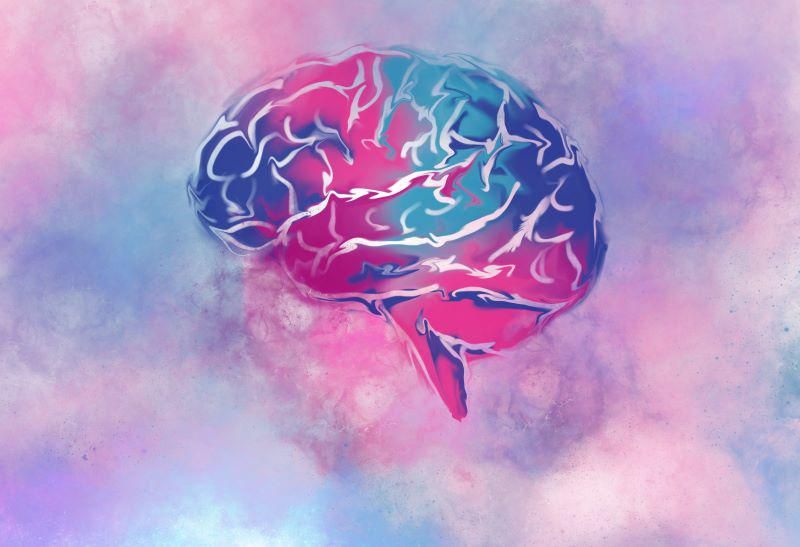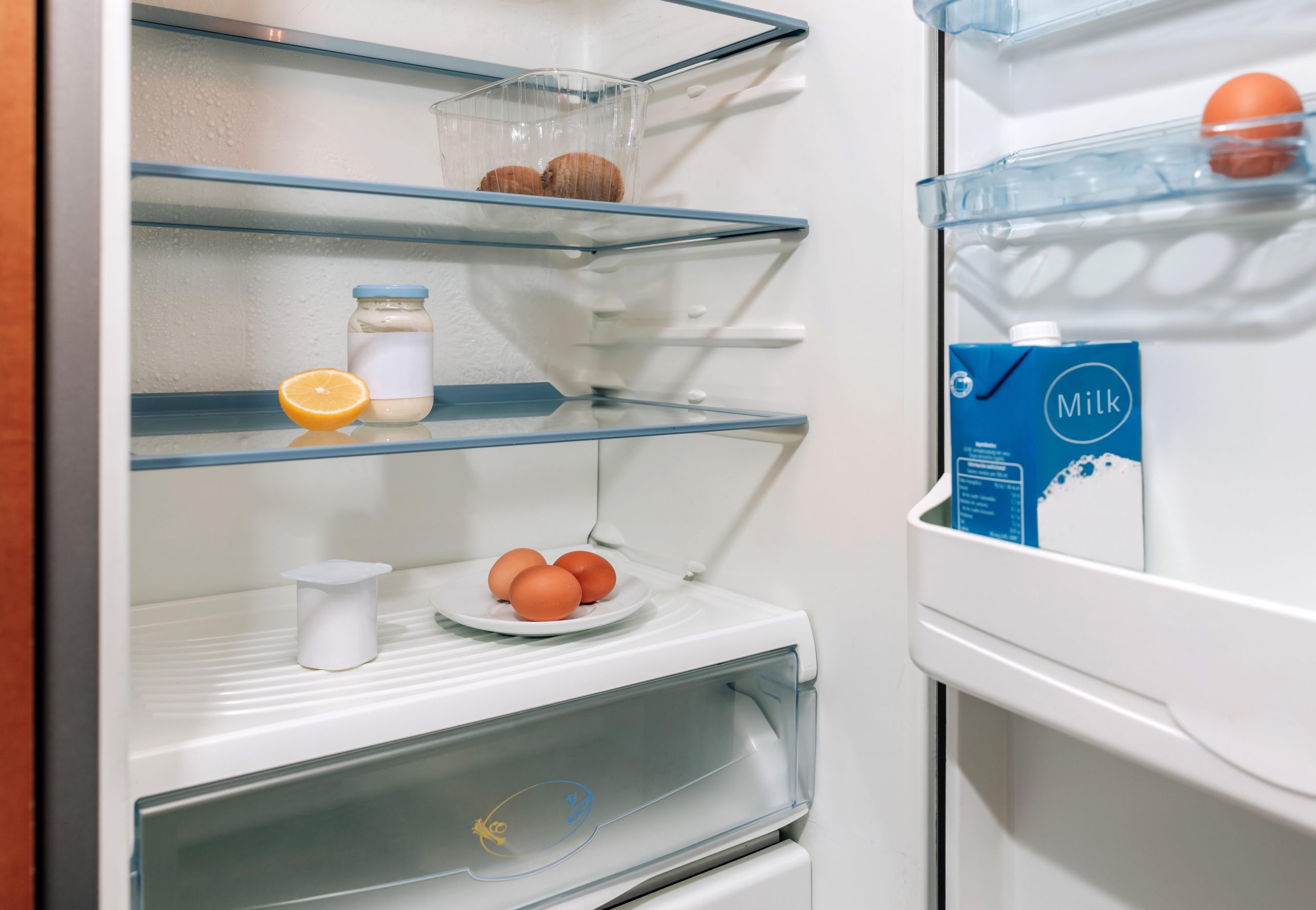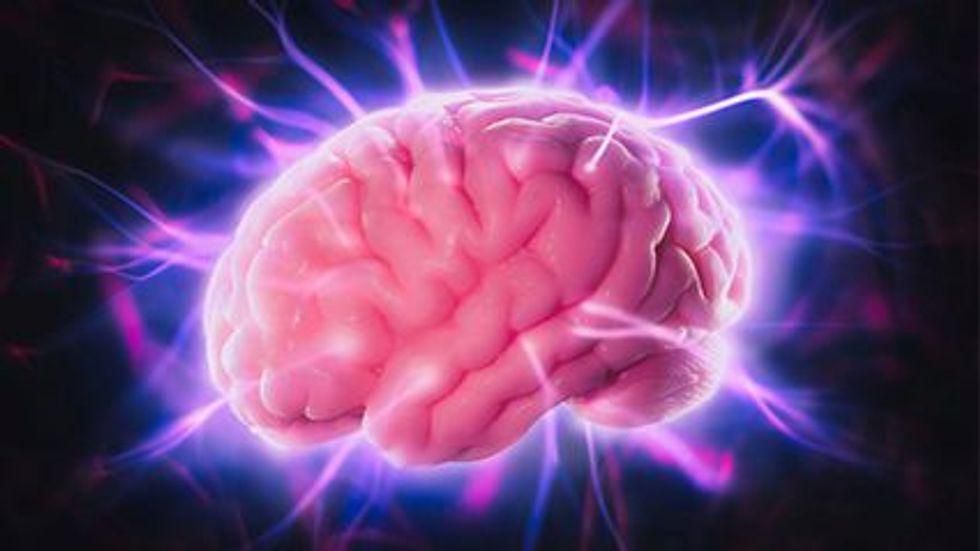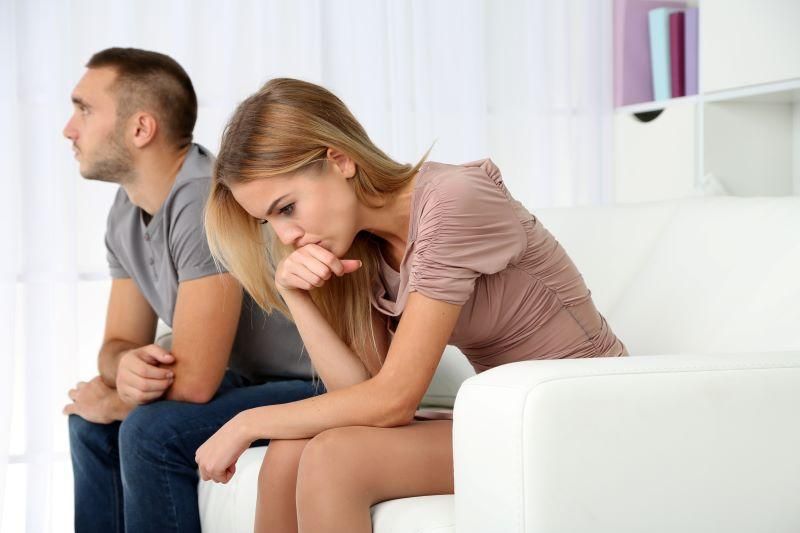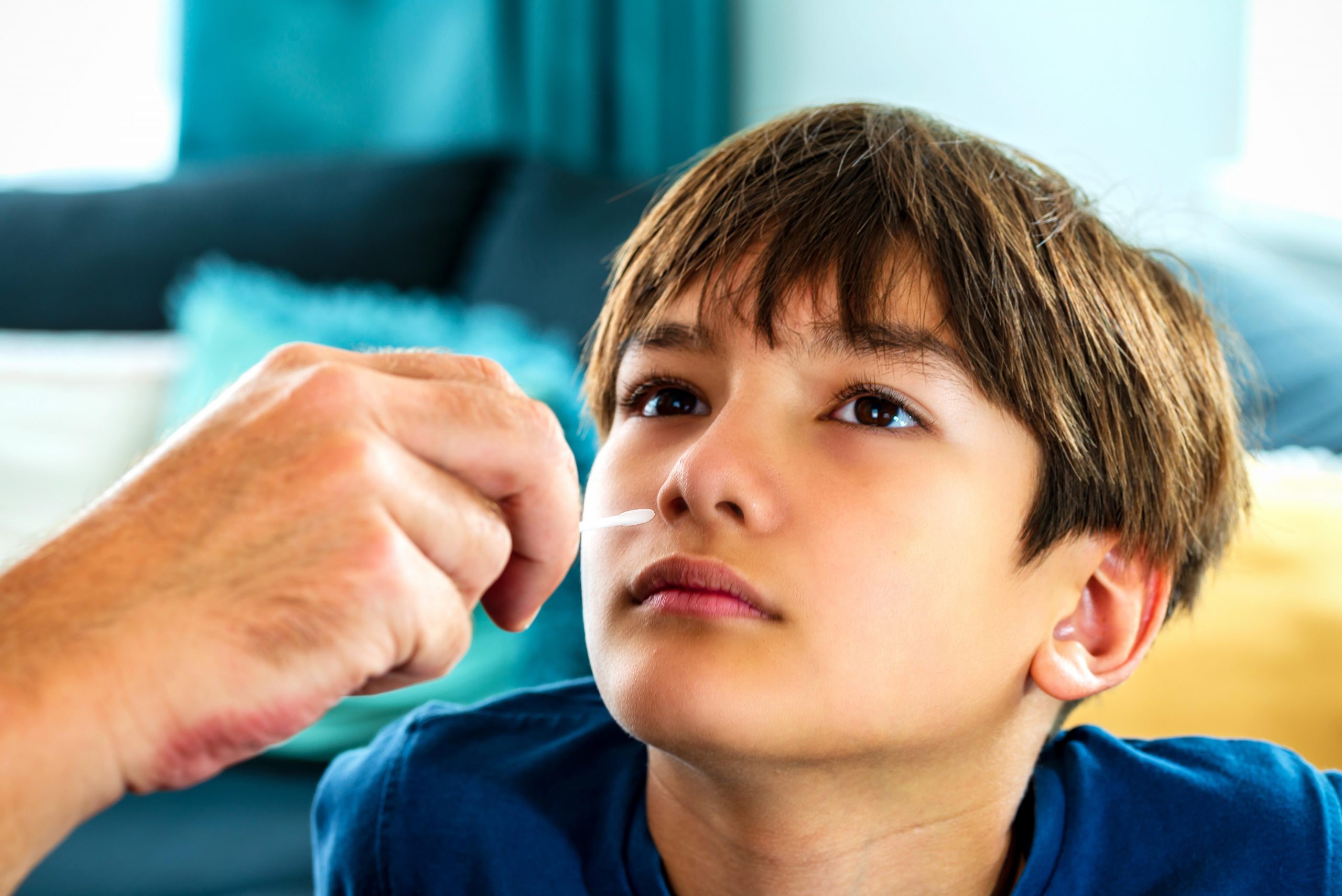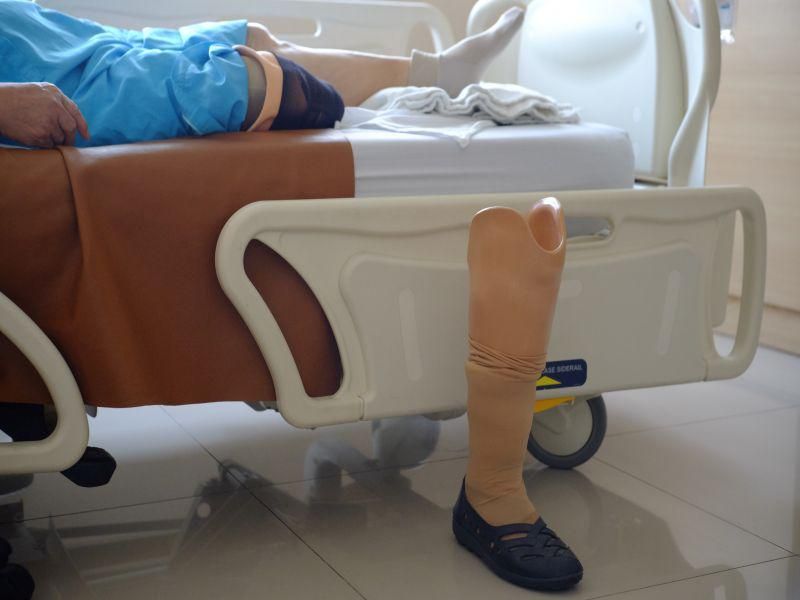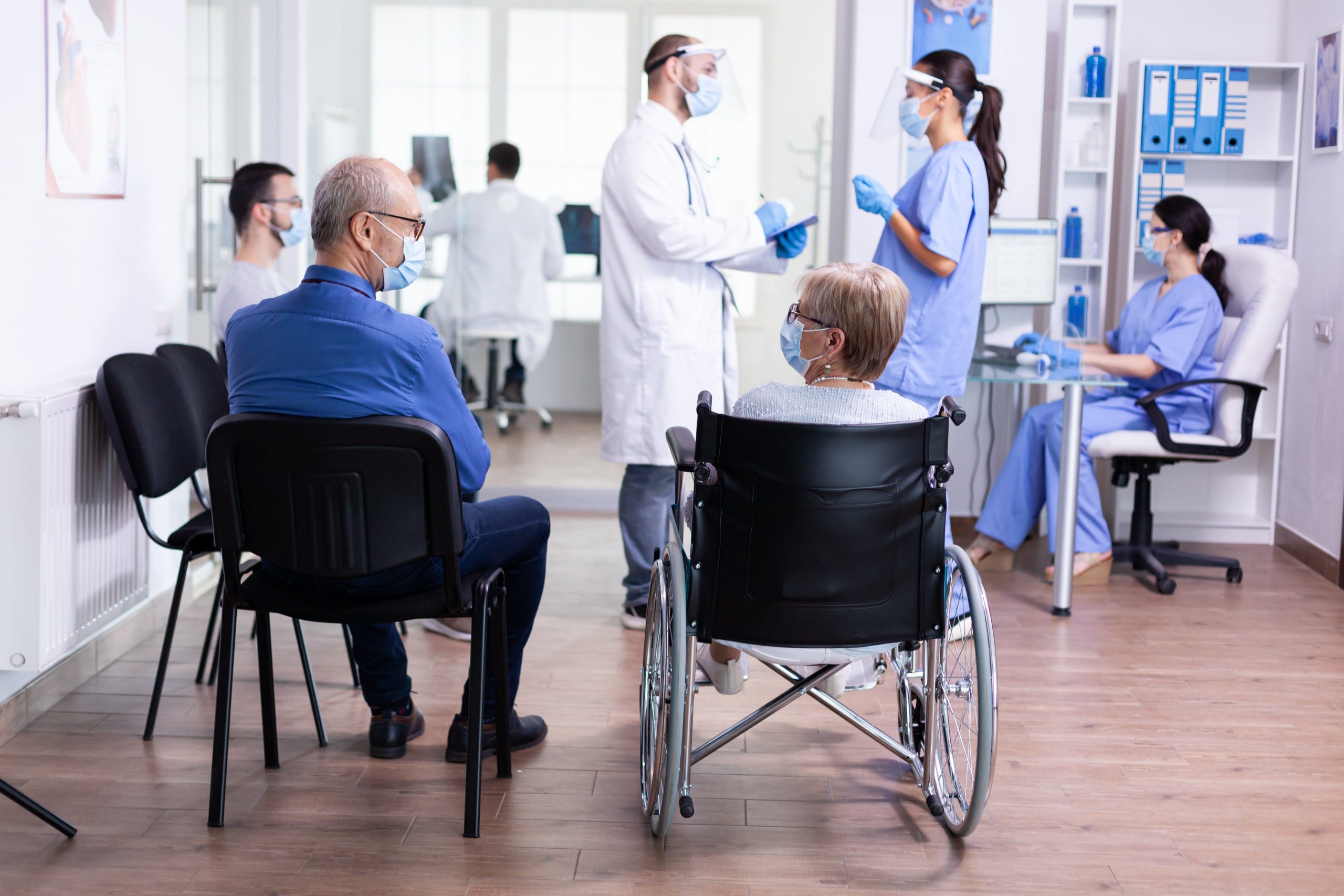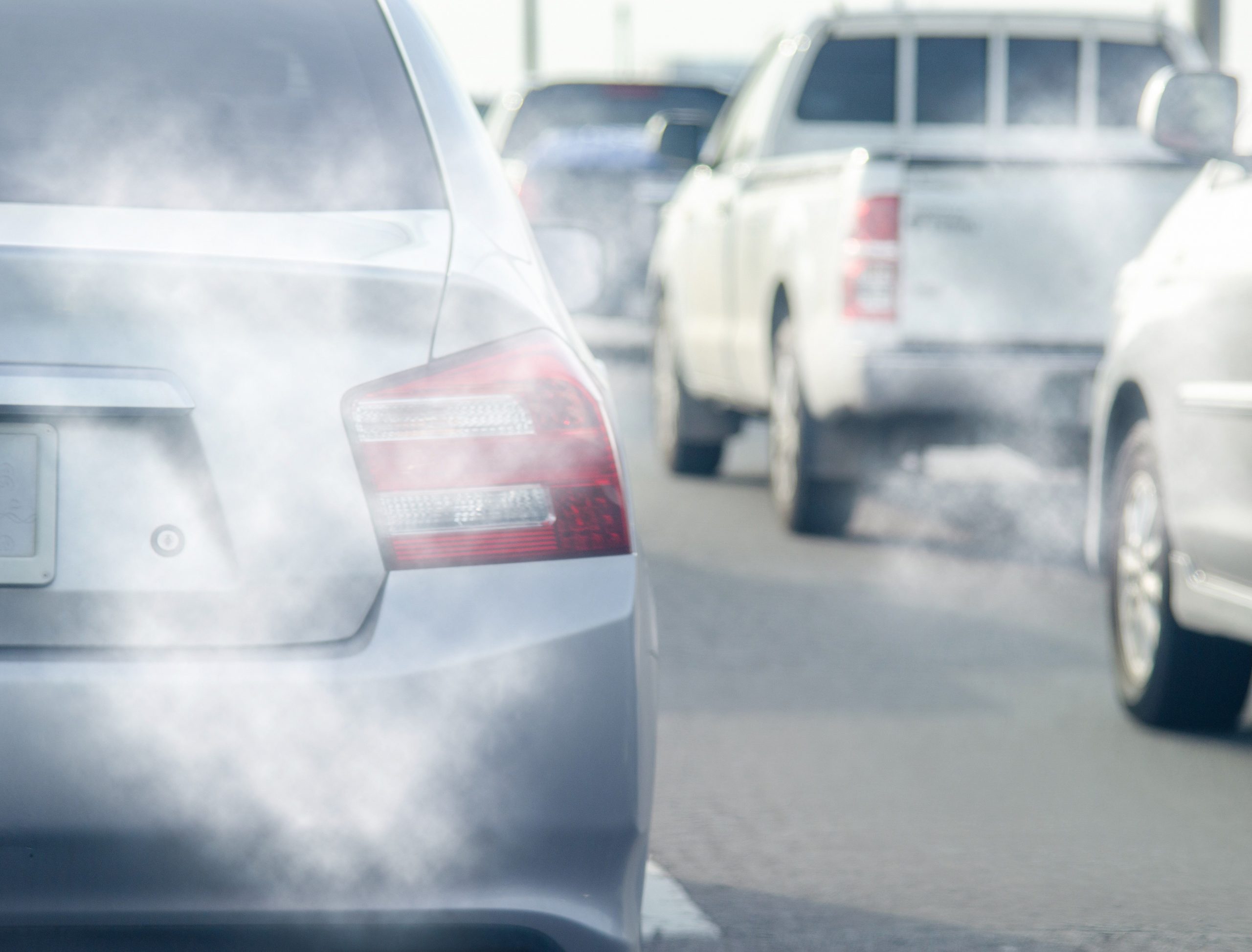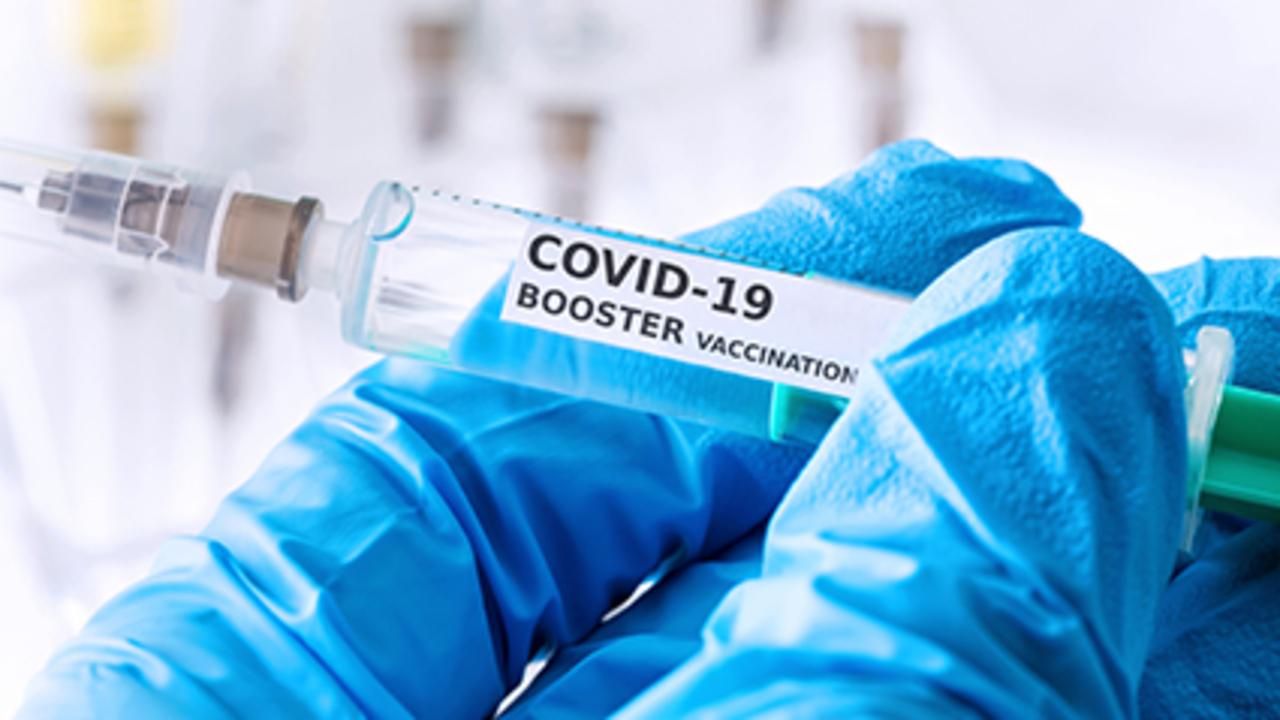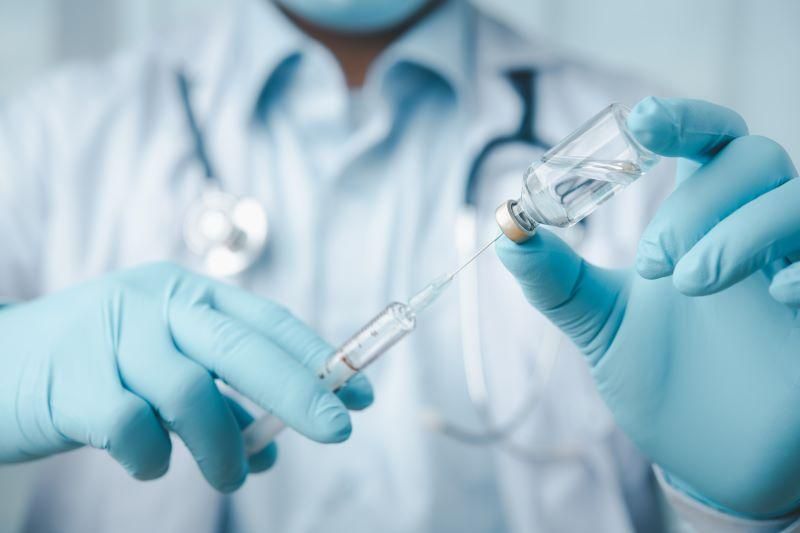
Researchers are reporting progress on the path to a “universal” flu vaccine — one that would battle all strains of the virus and give the world a weapon against future flu pandemics. In an early clinical trial, U.S. government scientists found that their experimental flu vaccine was able to coax recipients’ immune systems to produce… read on > read on >










